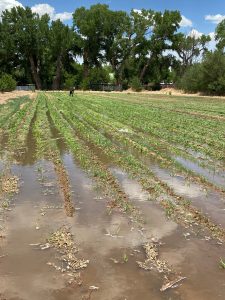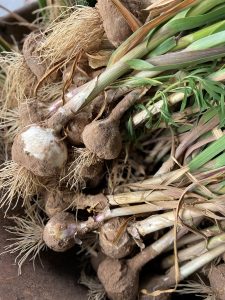Contact Info:
Email: hfff@edd.nm.gov
Phone: 505-819-8914 (Please leave a voicemail and someone will respond to your inquiry as soon as possible.)
Mailing address:
P.O Box 20003
Santa Fe, NM 87504-5003



The New Mexico Healthy Food Financing Fund supports the intersection of economic development in New Mexico’s food/agricultural supply chain with increased food security for New Mexicans. HFFF is accepting applications to invest in food retailers, food processors, food hubs/distributors, and climate- smart pre-production projects.
FY26 HFFF Grant Timeline:
Eligibility and application information:
Project Priority Areas for Value Chain Investment:
Eligible Entities:
Project Categories:
Eligible Costs:
Ineligible Costs: